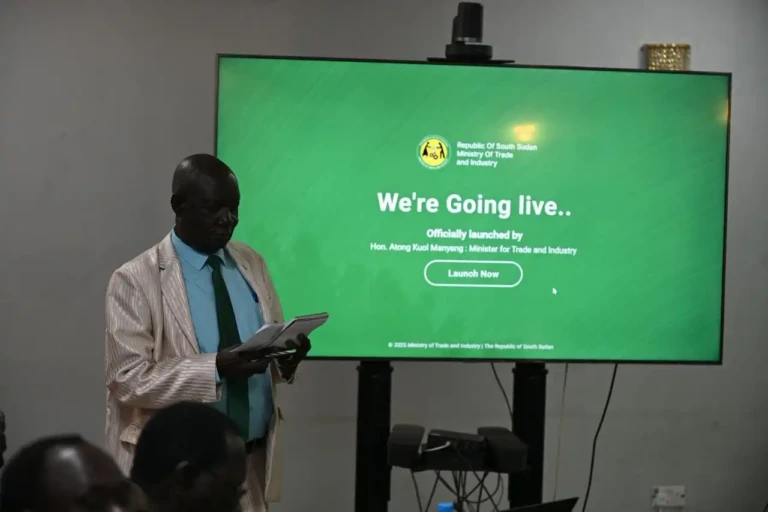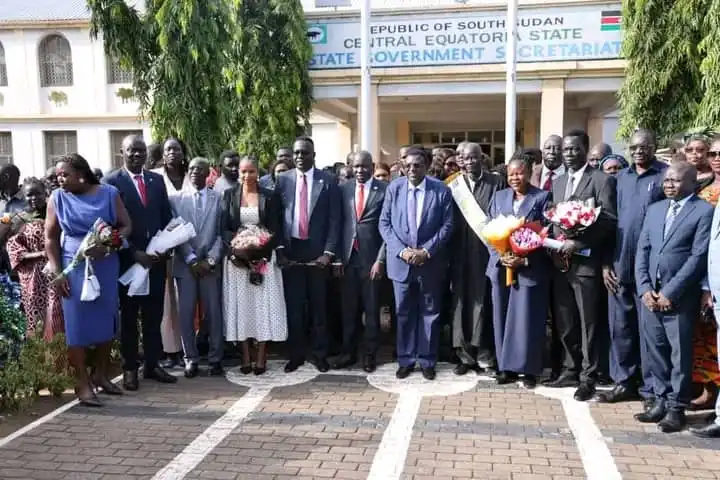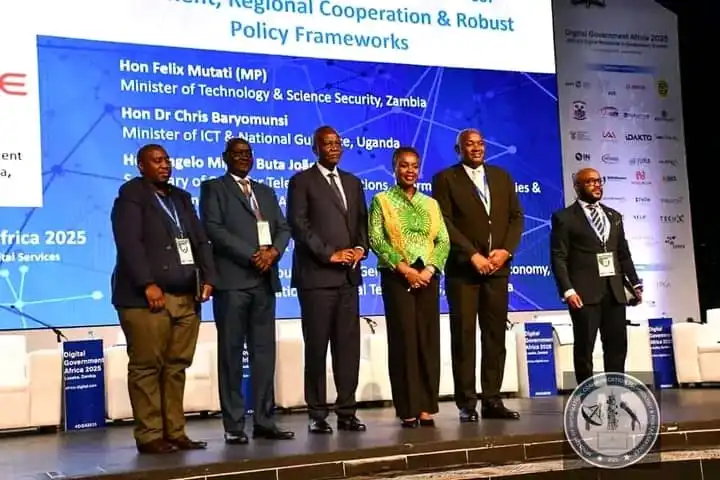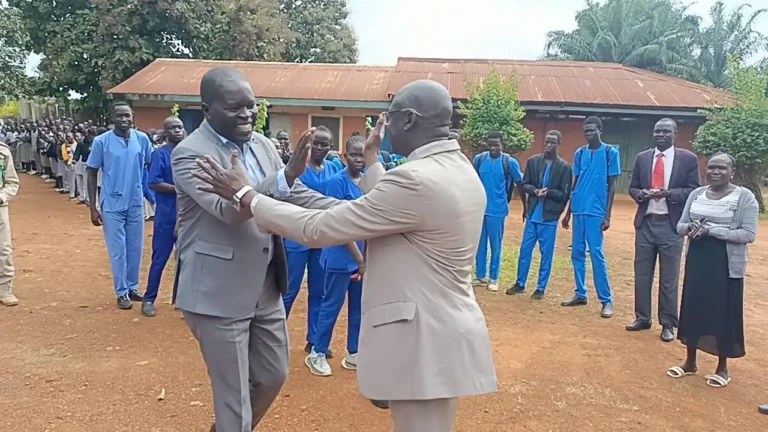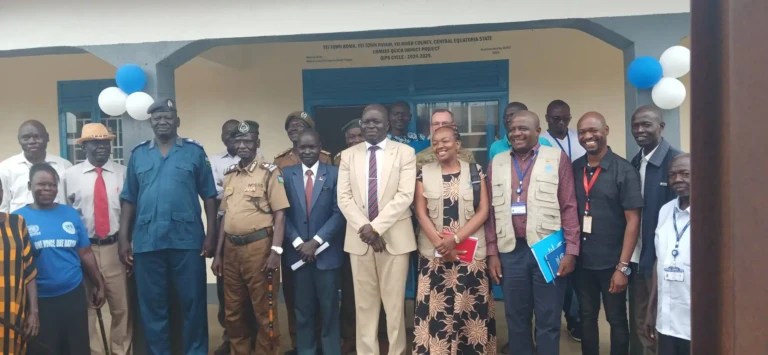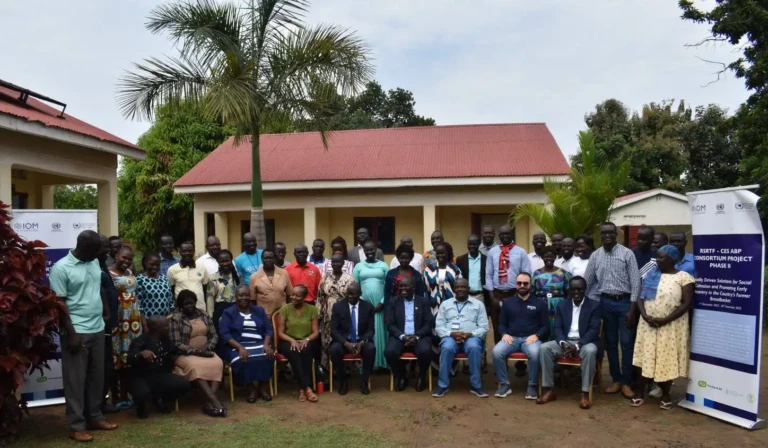
(JUBA) – South Sudan has taken an important step towards improving its weather forecasting services following a four day regional training workshop held in the capital, Juba, from 16 to 19 June 2025.
The workshop aimed to strengthen the technical capacity of operational forecasters at the South Sudan Meteorological Services (SSMS) by equipping them with the skills to issue five day weather forecasts and severe weather warnings.
The training was conducted by experts from the Tanzania Meteorological Authority (TMA), supported technically by Dr Mafuru Kantamla, the Manager of the Central Forecasting Office at the Regional Specialized Meteorological Centre in Dar es Salaam.
During the sessions, participants learned how to interpret satellite data and global numerical weather prediction models through a blend of theory and hands-on exercises. Each training day began with a review of previous forecasts using real satellite data provided by EUMETSAT. This daily verification allowed the forecasters to improve their prediction techniques based on recent weather patterns.
The timing of this support is particularly critical for SSMS. The meteorological service, which was established after South Sudan’s independence and its 2011 membership in the World Meteorological Organization (WMO), currently operates with limited resources. At present, SSMS provides only basic weather services, including aeronautical forecasts for civil aviation and a 24 hour forecast aired through one local radio station.
The service has only three manual weather observation stations to cover a country geographically larger than Kenya. Infrastructure gaps and a shortage of trained personnel have been persistent challenges.
Despite this, there is optimism. The workshop marked the start of a pilot phase during which SSMS forecasters will issue and verify weather forecasts daily, guided by SSMS Director Mr Mojwok Ogawi Modo, and supported by WMO and TMA.
“This is where the real work begins,” said WMO expert Alessandro Chiariello at the end of the training. “SSMS forecasters now need to commit to producing and checking their forecasts every day. It’s a very encouraging step forward for SSMS and for South Sudan.”
Ongoing regional collaboration is expected to enhance the country’s capacity to monitor weather and issue timely warnings, which are essential for disaster risk reduction, agriculture, aviation, and public safety.
The initiative is part of the wider CREWS (Climate Risk and Early Warning Systems) East Africa programme, which promotes regional partnerships in weather and climate services. South Sudan’s involvement in the programme is already showing results through this skills-building effort.
Plans are underway for a follow up training session focusing on how to distribute weather products effectively. There are also proposals for SSMS forecasters to visit TMA headquarters in Dar es Salaam for practical benchmarking and possibly to host a stakeholders’ meeting inside South Sudan to discuss broader improvements in meteorological services.
The workshop has set the foundation for SSMS to move from a reactive model to a proactive, science based forecasting service, a change that could prove critical in saving lives and livelihoods across South Sudan.
Discover more from Access Radio Yei News
Subscribe to get the latest posts sent to your email.

